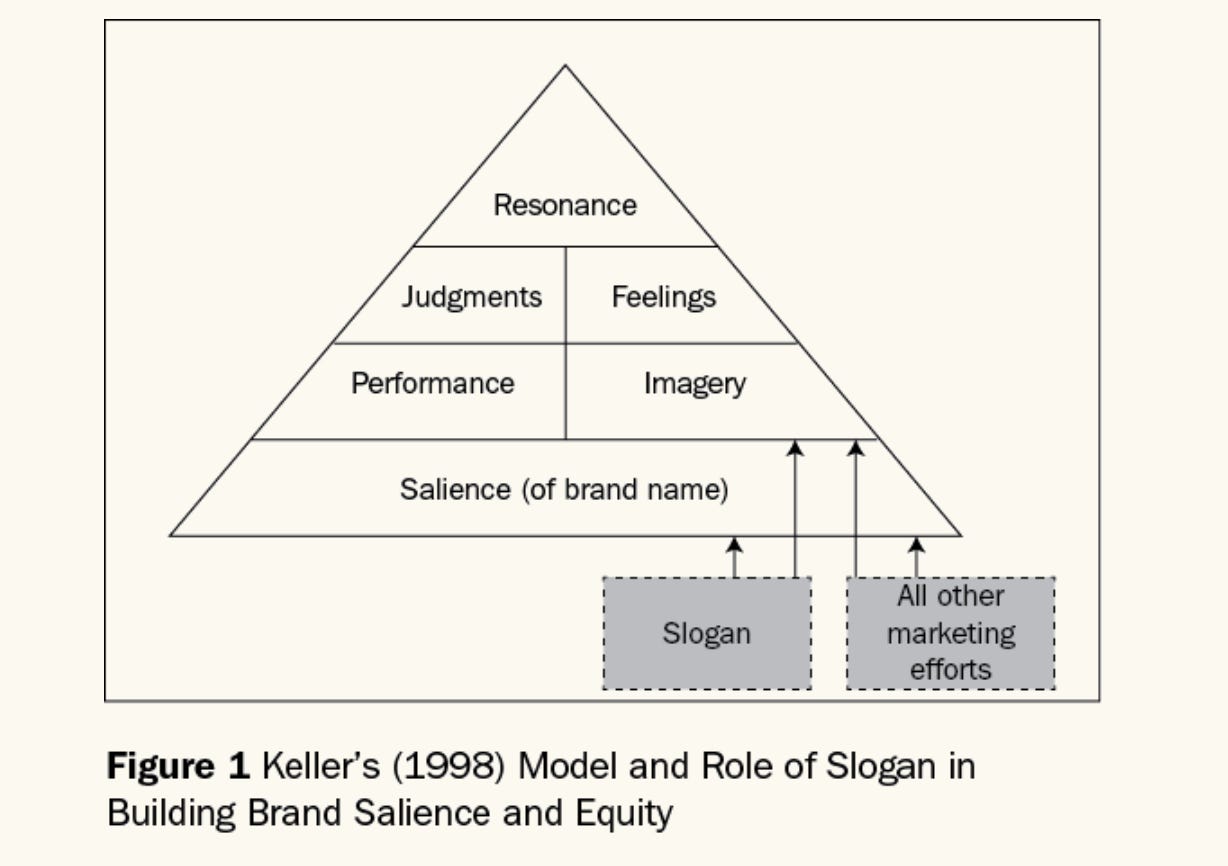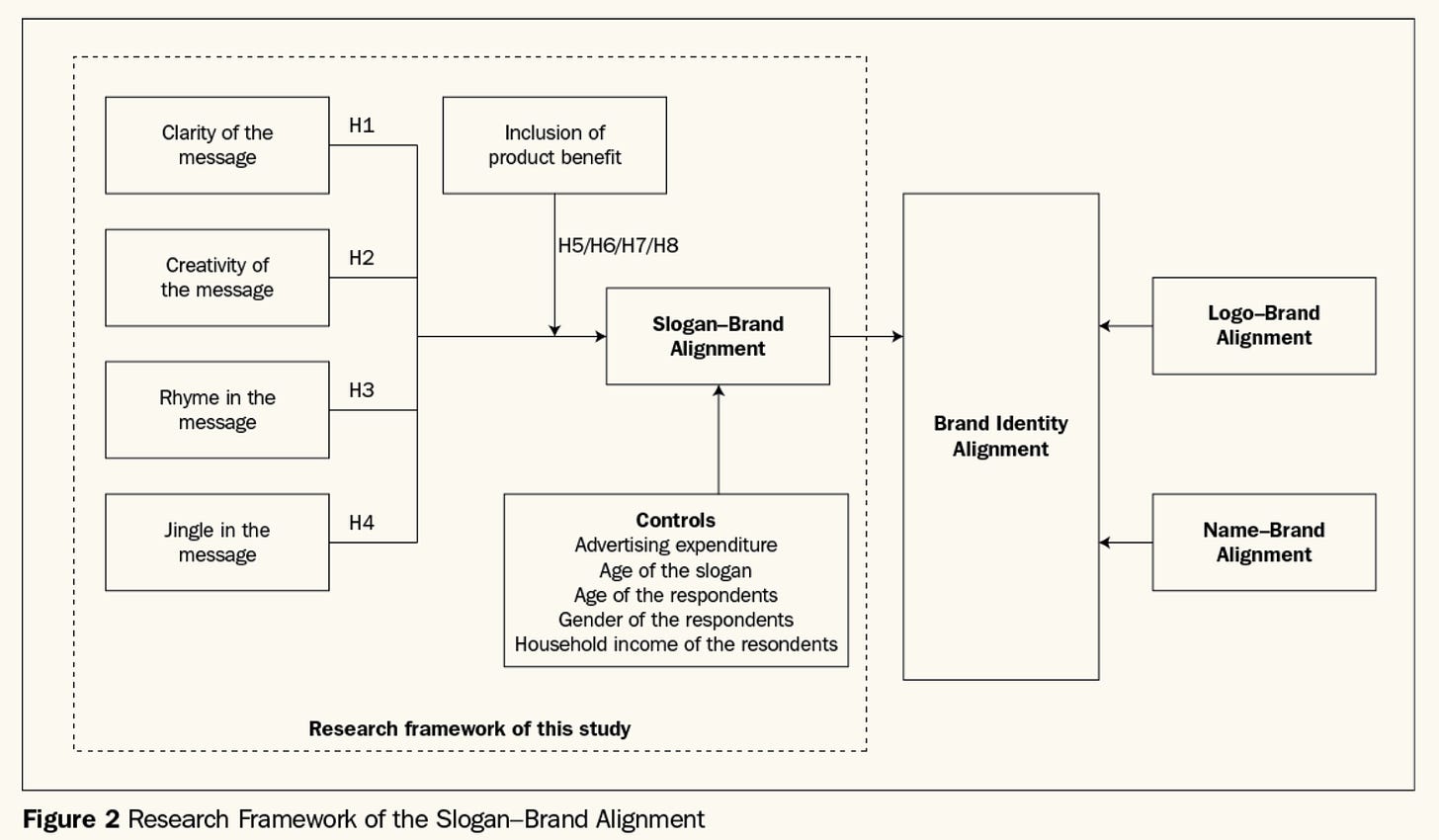Strands of Genius: New Zuck Drop, Metamodern Movies, Optimal Incongruence
Plus: this or that is the wrong question
WRITING FROM | Worcester Park, UK
WORKING ON | final run of show for our workshop, house things and stuff
LOOKING AHEAD
July 10-27 | Worcester Park, UK
July 28-Aug ? | Sydney, AUS
Aug-Oct | APAC Adventures
Nov | Mexico
Dec | Mexico / Tennessee
:: WHAT’S NEW & WEEKLY GRATITUDE ::
Happy birthday, Abdulla! We celebrated Faris’ dad 80th birthday on Sunday, with a hog roast and Pimms cups in the garden, with absolutely lovely weather. It was a delightful time, and our hearts are feeling especially full after seeing our UK family.
It is taking us (Faris moreso, he says) longer to recover from traveling. When we lived in NYC, we flew redeye Friday for weddings in the UK on Saturday, and back on Sunday for work on Monday a number of times. It was tough but doable. It’s taken Faris a week to get back on to a vaguely normal sleep schedule coming to London. We shall refrain from that most obvious refrain of “oh getting older isn’t it blah blah blah” because it is very tiresome and also a very instinctive default mode discourse for middle aged people. I think the more interesting point is more about acceptance and adaptation, balance and bravado, on which I will write about below.
This week, we’re especially thankful for:
family and friends in the UK (thank you so much everyone that could come, no shade if you couldn’t), Leffe Blonde, non-alcoholic beers, Pimms cups, cooler temperatures, coolers, ice, The Spitting Pig hog roasts, halloumi, Brewsters Millions, the mess that was Black Adam, The Dawn of Everything & YOU.
:: THE LINKS ::
NEW MARK ZUCKERBERG HAS DROPPED
Charlie Warzel is one of my favorite tech writers, and this profile on the Mark Zuckerberg we’re seeing in the news today was especially great. Warzel points out that yes, this is a PR play, that helps Zuck and Meta, but also there could be some growth there too. While Threads’ popularity may be a schadenfreude against Elon Musk, Warzel writes: “Zuckerberg’s popularity may be inflated by the Musk moment, but that’s exactly the point. The Meta CEO has stumbled on a truism of modern fandom: Your popularity is sometimes defined not at all by who you are, but by whom you stand in opposition to. It is the “enemy of my enemy is my friend” school of business and public relations.” (The Atlantic)
METAMODERN MOVIES
This video essay entitled “Why Do Movies Feel So Different Now?” explores, in an accessible and entertaining way, the emerging discourse around metamodernism and how it impacts modern movies. Why is Top Gun: Maverick fundamentally unlike Everything Everywhere All At Once? The first is a movie made just as they were made in the 80s, with a simple moral message. The latter encapsulates the metatextual experience of growing up on those movies and living with and on the internet. Metamodernism is a way out of the relative moral sterility of postmodernism and its associated nihilism while dialectically responding to modernism as well.
Once you see this, you will begin to see it everywhere, all the time. (Youtube)
OPTIMAL INCONGRUENCE OR WRITE DIFFERENTISH
Humans are constantly pulled between the poles of familiarity and novelty. Familiar things are safe, novel things are potentially dangerous, but novel things also lead to adventures, resources and mates and so on. Where you like along this spectrum will strongly influence your politics, lifestyle and lots of other things. Humans also don’t love giving up either if they can avoid it so things that are both familiar and novel are in a literally impossible but creatively fertile sweet spot for our brains. This is what Lowery was talking about in design with MAYA (Most Advanced Yet Acceptable) - things can’t be too new as they don’t fit into our existing cognitive schema, but too familiar makes them boring. The Goldlicks point. This write up highlights research showing that “According to the authors of the study, it comes down to attention and ease of processing. Commonplace syntax is easy to process but more likely to be ignored, while weird syntax is attention-grabbing but too hard to parse. Moderately surprising syntax, however, gets the balance just right.” It also shows research suggesting we respond to brand behavior the same way, which is in line with brand creative advice, to be consistent in a fresh way. (Contagious)
Strands of Genius is currently read by more than 14,000 subscribers. You can support us by encouraging friends or colleagues to subscribe. If you’re interested in sponsoring this newsletter, hit reply and let’s chat!
:: YOU CAN DO LIKE THIS YOU CAN DO LIKE THAT ::
This KIA hamster Super Bowl Spot from 2010 was one of the most viewed commercials in history on YouTube. I remember meeting the CCO from the agency a year or two after who was still a little sore that it got snubbed at Cannes despite wracking up a billion views, which at the time was very rare (thing Gangam Style).
Recently, KIA rebranded into KIA that reads like KIN and supports a new line of cars that look pretty cool in a Tesla kind of way. Read Paul Worthington’s much better analysis here, but this point is more about binaries, which are naive, and how brands keep being the same but always fresh.
As per the human drive towards both familiarity and novelty, there are brand binaries, that are, of course, really spectrums to navigate, paradoxes to manage.
Should the ads be consistent or fresh? Yes.
Should we focus on brand or product? Yes.
Should the brand be consistent or experimental? Yes.
Should we use media we can afford to buy enough reach in or splash on big single pieces for PR? Yes.
Should creative and media choices prioritize attracting attention, holding attention, memorability, brand association, likeability, sales response or brand equity? Yes.
All these either or questions are of little value, in this encapsulation, because the answer is never which, but when, what, how much and why.
The essence of strategy is shaping answers to these questions, using things we know to inform things we do in a world that is yet to come.
If you are a new brand or no one has heard of you, then salience becomes of primary importance. If you are among a set of clustered competitors, then differentiating yourself from the pack is key. If you have limited media money you can’t simply compete on +1 reach against the big boys, you have to think differently about media and creative and PR. Should your slogan be catchy and memorable or should it reinforce your product benefit?
Some recent research on slogans suggests that these binaries can be limiting factors on each other. This makes logical sense in that a very clear sentence, made up of clear words, which removes as much ambiguity as possible tends to make message take out more reliable. But also so very boring. As Russell Davies once wrote - but I can no longer find because Google doesn’t work properly anymore for old social web it seems - so I’m paraphrashing “no one walks about of a movie saying that was awesome it was so clear” and indeed, the essence of poetry is ambiguity, according to William Empson.
The research is is rigorously sourced and thoughtful. I enjoyed learning that “The word “slogan” comes from the Celtic word “slaugh,” which is defined as a “war cry.”
It pulls from semiotic theory. Sassure’s concept of the dyad of signifier / signified is adapted for brand assets as signifiers all pointing to the brand. It considers various forms of congruency theory that suggests that all the pieces have to add up and align for brand as system of value to maximize its commercial impact, building from academic and Keller’s theory of brand equity.
The research done then concludes that clarity and creativity enhance brand association but that jingles and rhyming detract from brand association, using the following model.
(The research is on WARC behind the paywall here)
What? Jingles don’t help slogan to brand alignment?
“From a slogan design perspective, jingles are less important than the content of the slogan itself and may be disruptive to the process of establishing alignment. Thus:
H4: A jingle in a slogan’s message is negatively related to slogan–brand alignment.”
I’m pretty sure that every jingle you can remember is directly linked to a brand but there are a host of effects to untangle. Sometimes being catchy, attracting attention for being liked, and reinforcing salience that way can be more important than consistency.
This reminds me of the inimitable John Grant’s thought that I have long loved that we impose consistency on brands but also wish them to be human, or human like. Humans are coherent, only liars are consistent.
Indeed, the Contagious link about optimal incongruence above supports this:
“In 2020, Jessica Vredenburg published a paper in the Journal of Public Policy & Marketing positing that brands that pick slightly unexpected socio-political issues to champion in their marketing can outperform those that choose causes that align with their personality or history.”
Despite being a research minded type, I just can’t bring myself to believe that jingles aren’t awesome and underused, but I can believe that their power doesn’t lie primarily in association. Even the aforementioned binary spectra really exist in a much more complex set of tensions that are pulling at each other.
There is always tension, make the logo bigger vs no logo, drip vs burst, art vs copy, client vs agency, creative vs media, but in the optimal version of this system those tensions pull the brand and the advertising into just the right spot to solve the problem at hand.
Oh also, please, please, please write us a genius steals jingle because that would be awesome.
If you’re in the APAC market and fancy collaborating with us, let us know! We’ll be in Australia at the end of July and are planning to hang out in the APAC region through October.
If we can ever be of help to you, even outside of a formal engagement, please don’t hesitate to let us know.
rockON,
faris & rosie & ashley | your friends over at geniussteals.co
@faris is always tweeting
@rosieyakob hangs out on instagram
@ashley also writes for deaf, tattooed & employed
Know someone who could use some inspiration in their inbox?
Forward this email to them! We appreciate you spreading the word.
It's called Genius Steals because we believe ideas are new combinations and that nothing can come from nothing. But copying is lazy. We believe the best way to innovate is to look at the best of that which came before and combine those elements into new solutions.
Co-Founders Faris & Rosie are award-winning strategists and creative directors, writers, consultants and public speakers who have been living on the road/runway since March 2013, working with companies all over the world. Our Director of Operations is nomadic like us, our accounting team is based in Tennessee where our company is registered, our admin extraordinaire is based in Playa del Carmen, and our collaborators are all over the world. Being nomadic allows us to go wherever clients need us to be, and to be inspired by the world in between.
Hit reply and let’s talk about how we might be able to work together :)






